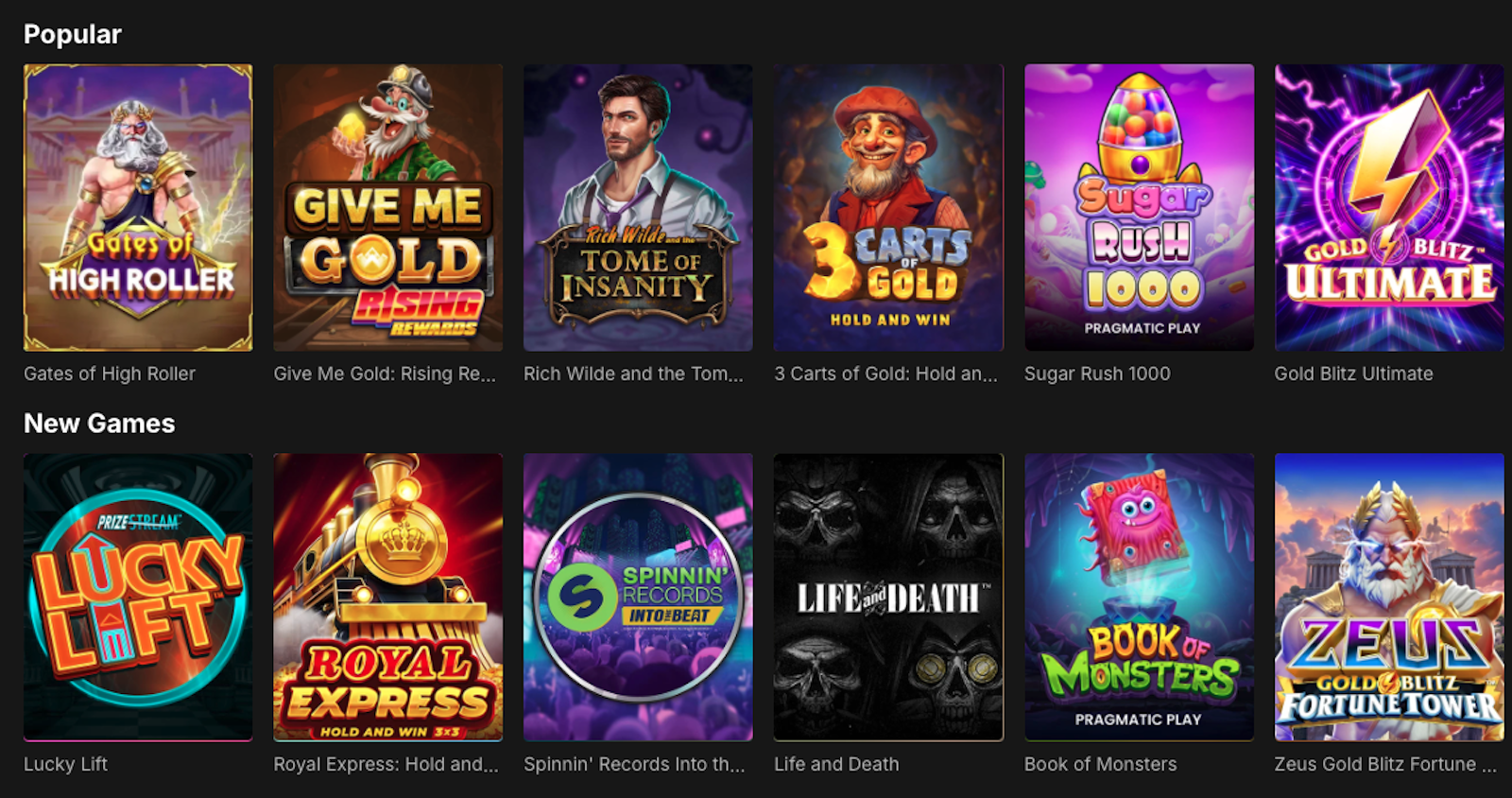The Evolution of Italian Media: How Digital Platforms Are Shaping Public Opinion

In recent years, the Italian media landscape has undergone a profound transformation. As digital platforms continue to rise, the way Italians consume news and form opinions has shifted dramatically. Traditional outlets such as newspapers and television are no longer the sole gatekeepers of information. Today, online spaces have become the battleground for shaping public discourse, influencing everything from politics to entertainment.
The growing influence of digital platforms has also paved the way for diverse content consumption, ranging from news articles to lifestyle blogs and even entertainment hubs like High Roller, where users can explore a dynamic social gaming experience while staying connected to digital communities. This shift highlights how online platforms now serve multiple roles — not only as sources of information but also as spaces for leisure and connection.

The Rise of Online News in Italy
Italy’s digital revolution has seen a surge in online news consumption. According to a study by the Reuters Institute for the Study of Journalism, over 60% of Italians access news via smartphones, with social media playing a crucial role in news distribution. Platforms like Facebook, Instagram, and X (formerly Twitter) have become primary sources for breaking news, enabling real-time access to global events.
This shift has given rise to independent online publications and citizen journalism, challenging the narratives set by mainstream media. Readers now have access to a variety of perspectives, fostering greater transparency and encouraging public debate. However, this democratization of information also presents challenges, such as the spread of misinformation and the difficulty of verifying sources.
The Role of Social Media in Public Discourse
Social media platforms have become key players in shaping public opinion. In Italy, political movements and social causes often gain traction through digital campaigns. Hashtags and viral posts amplify voices that might otherwise go unheard, creating spaces for public engagement and discourse.
A striking example is the rise of Movimento 5 Stelle (Five Star Movement), which heavily leveraged digital communication to connect with voters and spread its message. The movement’s success demonstrated the power of online communities in influencing political outcomes, setting a precedent for future digital activism in the country.
Challenges Facing Italian Media
Despite the advantages of digital media, the rapid shift has introduced several challenges. Traditional media outlets face declining readership and ad revenue as audiences migrate online. In response, many publications have adopted digital-first strategies, investing in multimedia content and subscription models to stay afloat.
Another pressing issue is the fight against fake news. The ease of sharing information online has made Italy particularly vulnerable to the spread of disinformation. In recent years, initiatives aimed at promoting media literacy and fact-checking have gained momentum, as the country grapples with maintaining journalistic integrity in the digital age.
The Future of Italian Media
Looking ahead, Italian media’s evolution will likely continue to mirror global trends. The integration of artificial intelligence and data-driven journalism promises to revolutionize content creation, making reporting faster and more personalized. Furthermore, as technology advances, the boundaries between news consumption, entertainment, and digital communities will become increasingly blurred.
For Italians, these changes offer both opportunities and challenges. Access to diverse perspectives has the potential to enrich public discourse, but ensuring the credibility of information will remain a priority. As digital platforms shape the future of Italian media, society’s ability to critically engage with content will play a crucial role in preserving the country’s rich journalistic heritage.
For those who appreciate the blend of digital media and entertainment, platforms like High Roller illustrate how online spaces can create engaging experiences that go beyond information-sharing, embracing the full spectrum of digital interaction.
The evolution is ongoing — and Italy is at the heart of this digital renaissance.
